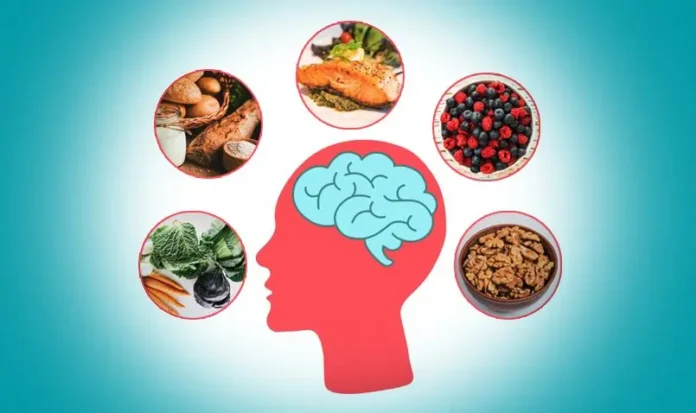Maintaining a healthy lifestyle and adopting certain habits can play a significant role in reducing the risk of depression. While these habits may not be a guaranteed way to prevent depression, they can certainly contribute to better mental and emotional well-being. Here are seven healthy habits that can help reduce your risk of depression:
- Regular Exercise: Engaging in regular physical activity has been shown to have a positive impact on mental health. Exercise releases endorphins, which are natural mood lifters. It also reduces inflammation and improves brain function, both of which can help protect against depression. Aim for at least 30 minutes of moderate-intensity exercise most days of the week.
- Balanced Diet: A well-balanced diet rich in fruits, vegetables, whole grains, lean proteins, and healthy fats provides essential nutrients for brain health. Omega-3 fatty acids found in fatty fish like salmon, and foods rich in antioxidants, such as berries and leafy greens, are particularly beneficial for mood regulation.
- Sufficient Sleep: Prioritize getting enough quality sleep each night. Sleep is essential for emotional and cognitive functioning. Chronic sleep deprivation can contribute to mood disorders, including depression. Aim for 7-9 hours of uninterrupted sleep per night.
- Stress Management: Chronic stress is a major risk factor for depression. Developing effective stress management techniques, such as meditation, deep breathing exercises, yoga, or mindfulness, can help you cope with life’s challenges and reduce the risk of developing depression.
- Social Connection: Maintaining strong social connections and nurturing healthy relationships is crucial for emotional well-being. Loneliness and social isolation are risk factors for depression, so make an effort to spend time with friends and family, join social groups, and engage in activities that promote social interaction.
- Meaningful Activities: Engage in activities that bring you joy and a sense of purpose. Pursue hobbies, interests, or volunteer work that give you a sense of accomplishment and satisfaction. This can boost your self-esteem and overall happiness.
- Professional Help: If you’re experiencing persistent sadness, hopelessness, or other symptoms of depression, don’t hesitate to seek help from a mental health professional. Therapy, counseling, and, if necessary, medication can be effective in treating and managing depression.
It’s important to note that depression is a complex condition influenced by a combination of genetic, environmental, and psychological factors. While adopting these healthy habits can reduce your risk, they may not be a sole solution for everyone. If you or someone you know is struggling with depression, it’s essential to seek professional help for a proper diagnosis and tailored treatment plan.



